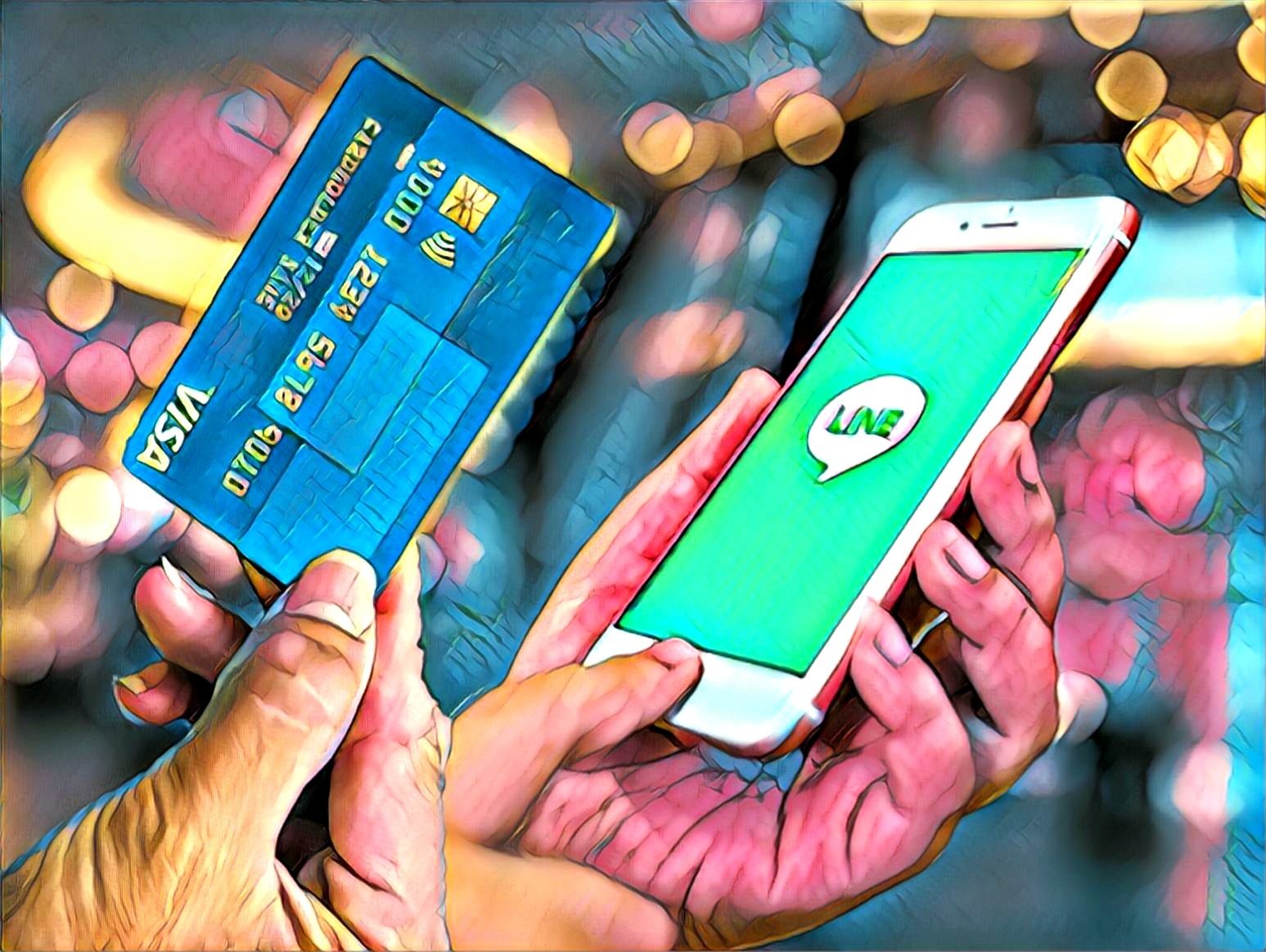Japanese company, LINE Pay, on June 6 announced a deal with Visa, which will make use of blockchain technology for B2B cross border payments. LINE Pay is behind the digital wallet and fintech services on popular Japanese messaging app LINE, which is the nation’s equivalent of WhatsApp.
The press release states that the strategic partnership will,
“create new financial services experiences for collective user bases of millions of consumers and merchants worldwide.”
Chris Clark, Regional President of Visa in the Asia Pacific, is hopeful that the partnership can encourage the growth of an ecosystem that benefits multiple stakeholders,
As the LINE Pay team continues to enhance the utility of the LINE messaging application for consumers’ everyday lives, we are impressed by the potential of LINE’s distribution power and consumer loyalty to further drive the growth of the global, open-loop payments ecosystem to benefit all players on our network – consumers, merchants, and issuing and acquiring banks.
Youngsu Ko, CEO of LINE Pay and LINE’s Fintech Company, is keen on adding value to LINE, and a pioneering payments network is one of those additions,
LINE Pay is more than just a payment method. As we transition to a cashless society, LINE Pay is focused on delivering added value to LINE’s users around the world and business partners. With Visa’s global network and infrastructure, LINE Pay users will be able to enjoy the advantages of that innovative, worldwide network.
Social Platforms Getting into Crypto
There has been a surge in social platforms either having confirmed or are considering the creation of digital assets for their platform. Facebook is by far the most well-known of these, but others too exist: Russia’s equivalent of Facebook, VK, is also rumoured to be working on a cryptocurrency.
Kik, another messaging app, conducted a sale for its token KIN, but is now in hot waters after the US SEC filed a lawsuit against them for the token, which the regulators believe to be a security.

